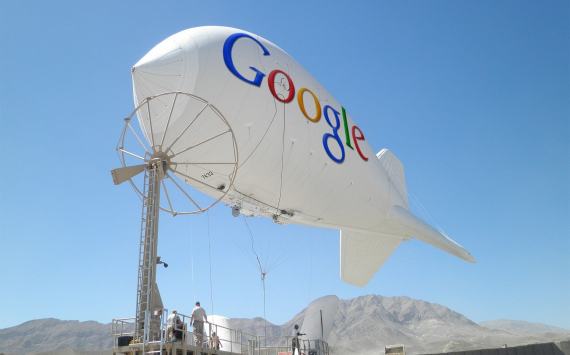
Project closure
Alphabet, Google's parent company, is shutting down its Loon high-altitude balloon internet transmission project. Loon CEO Alastair Westgarth wrote this on the company's blog. Also, he said: "Although we have found a number of partners, we have not been able to find a way to cut costs low enough to build a long-term and sustainable business".
The Loon project was launched in 2013. It was planned to help provide internet to hard-to-reach areas through a network of giant balloons drifting in the stratosphere at an altitude of about 20 kilometres. The communication equipment on the balloons was powered by solar panels during the day and by batteries at night. Each balloon provided Earth surface coverage of about 80 kilometres in diameter and Internet speeds similar to those of 4G networks.
According to Bloomberg, one of the investors in the startup was a division of Japan's SoftBank, which invested $125 million in Loon in 2019. SoftBank and Loon planned to offer connectivity services to telecoms operators in countries where physical cellular networks are difficult to build.
One problem was that residents in rural areas could not afford the 4G phones that Loon required, or were not interested in getting access at all. The project came to an end a year after Alphabet shut down another of its experimental businesses called Makani. Since 2013, this company had been developing a new wind energy technology the delivery of wind power using giant kites in the shape of a glider with a wind turbine. In 2020, Alphabet announced the end of the Makani project. Both projects were part of Alphabet's X business unit, which focuses on long-term pilot projects.












































